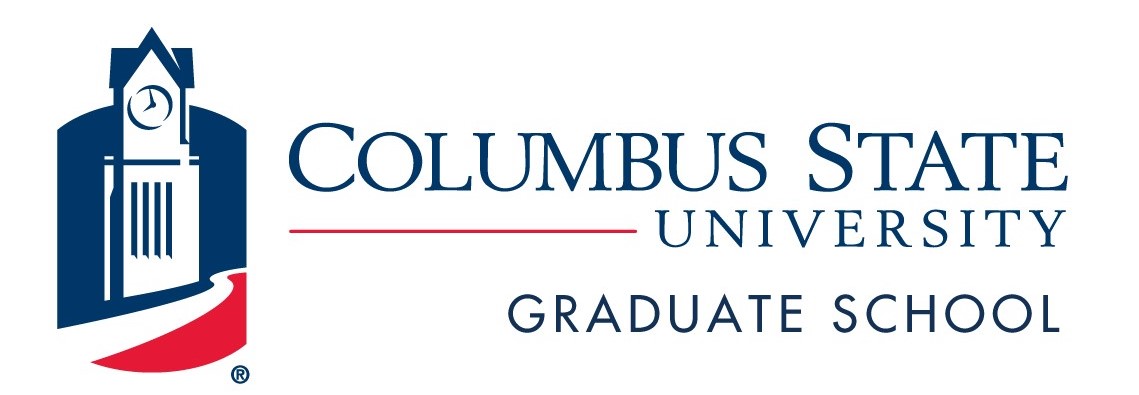Leadership in the Digital Exponential 21st Century
Presentation Type
Event
Location
Columbus State University
Start Date
3-11-2022 2:00 PM
Description
This presentation will discuss ten 21st Century technologies that will have direct impacts on higher education. The twenty-first century will experience a number of technologies that will significantly modify how faculty teach, what students learn, and how leadership is conducted in education from secondary school to the university. The ten technologies that need to be considered are Autonomous Vehicles (cars, trucks, and drones), 3D Printing - also known as Additive Manufacturing, the Internet of Things, Personal Robots, Medical Genome Development, Agricultural Genome Development, and the three big elephants in the room, Quantum Computing, Artificial Intelligence, and Nanotechnology. Each of the above cited technologies do not develop like 20th-century inventions such as the automobile or the airplane. Those and many more developed in a linear manner, over a lengthy period of time. The Wright Brothers' aircraft to the Boeing 777 took over half a century. The Ford Model T to the Mustang took over fifty years to develop. The improvement of these inventions was relatively easy to observe and predict. To get an idea of how 21st-century inventions develop, consider Uber and Airbnb. In a matter of four to five years, they start as an idea and become national and then international phenomena. They develop in a two-stage manner: Stage 1 - Linear and Stage 2 - Exponential. Each of the ten technologies listed above will develop in the same two-stage manner because they are supported by the computer and the internet. The presentation will focus on how leaders in higher education can deal with the impending, exponential changes. The business leaders already understand that in order to stay in business in a globally competitive world they will have to adapt to the rapid changes the ten technologies will create. Educators, if unprepared, stand to be swept up in a series of disruptions they will not fully comprehend. Preparing for a disruptive, exponential future is critical for future educational leaders and faculty to understand. This presentation will discuss the exponential situation and provide a leadership pathway to success in higher education administration, teaching and learning.
Leadership in the Digital Exponential 21st Century
Columbus State University
This presentation will discuss ten 21st Century technologies that will have direct impacts on higher education. The twenty-first century will experience a number of technologies that will significantly modify how faculty teach, what students learn, and how leadership is conducted in education from secondary school to the university. The ten technologies that need to be considered are Autonomous Vehicles (cars, trucks, and drones), 3D Printing - also known as Additive Manufacturing, the Internet of Things, Personal Robots, Medical Genome Development, Agricultural Genome Development, and the three big elephants in the room, Quantum Computing, Artificial Intelligence, and Nanotechnology. Each of the above cited technologies do not develop like 20th-century inventions such as the automobile or the airplane. Those and many more developed in a linear manner, over a lengthy period of time. The Wright Brothers' aircraft to the Boeing 777 took over half a century. The Ford Model T to the Mustang took over fifty years to develop. The improvement of these inventions was relatively easy to observe and predict. To get an idea of how 21st-century inventions develop, consider Uber and Airbnb. In a matter of four to five years, they start as an idea and become national and then international phenomena. They develop in a two-stage manner: Stage 1 - Linear and Stage 2 - Exponential. Each of the ten technologies listed above will develop in the same two-stage manner because they are supported by the computer and the internet. The presentation will focus on how leaders in higher education can deal with the impending, exponential changes. The business leaders already understand that in order to stay in business in a globally competitive world they will have to adapt to the rapid changes the ten technologies will create. Educators, if unprepared, stand to be swept up in a series of disruptions they will not fully comprehend. Preparing for a disruptive, exponential future is critical for future educational leaders and faculty to understand. This presentation will discuss the exponential situation and provide a leadership pathway to success in higher education administration, teaching and learning.

